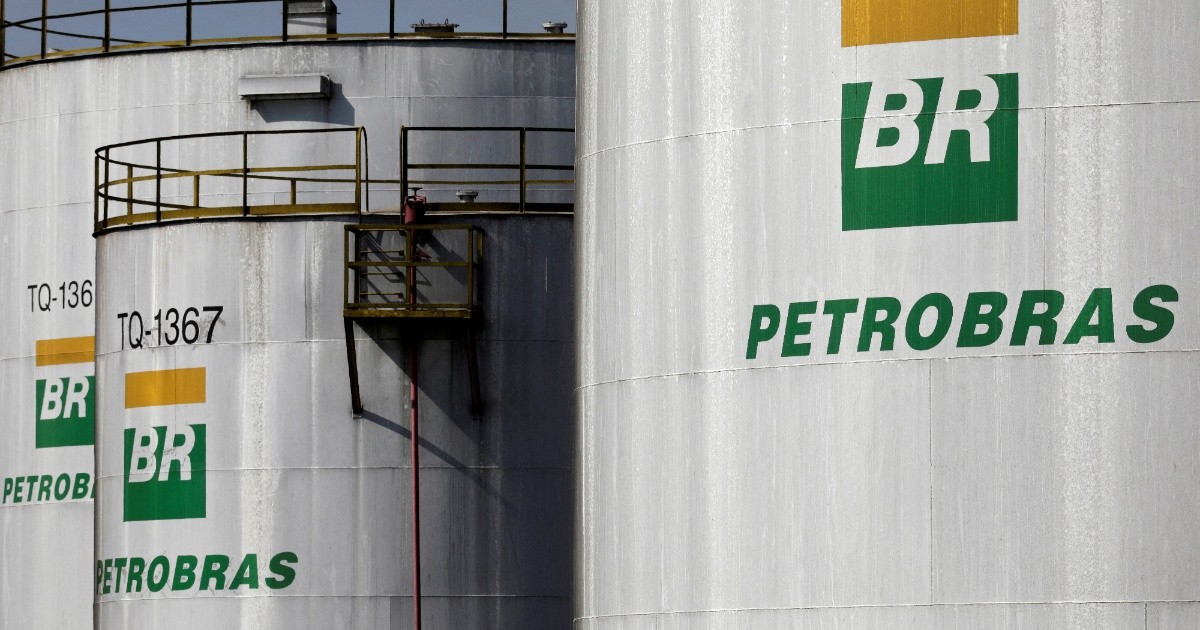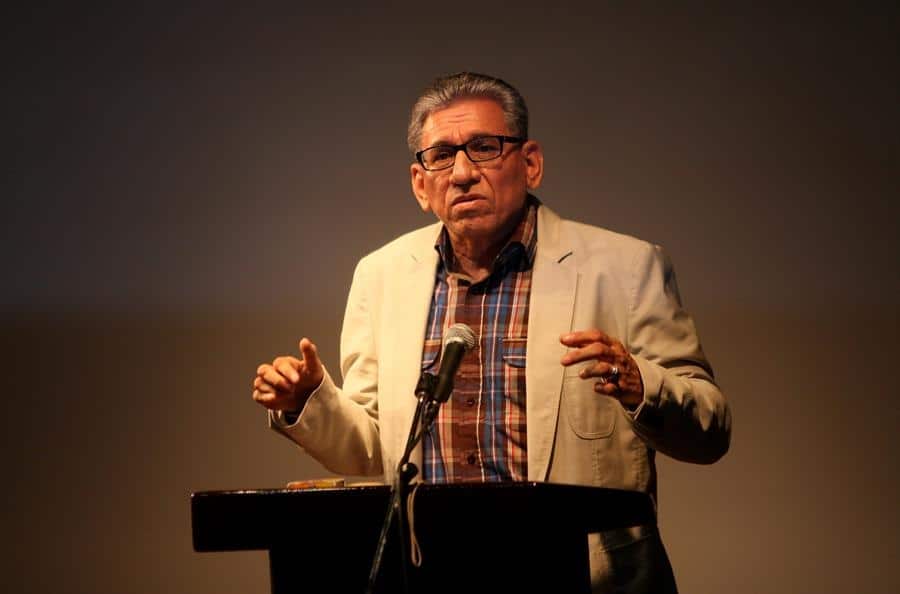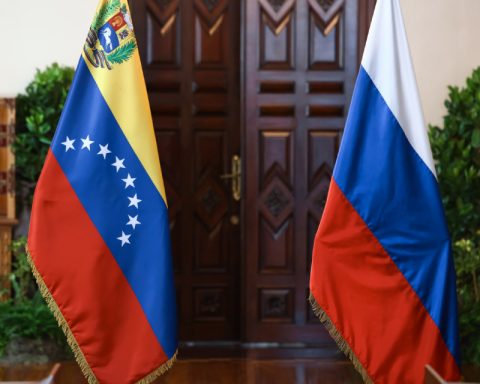The actions of the Brazilian state oil company Petrobras collapsed this Monday, dragging the main index of the Sao Paulo Stock Exchange to a fall of more than 3%, on the first day of the presidency of Luis Inácio Lula da Silva.
The preferential papers of the oil company fell 6.60%, while the ordinary ones lost 5.71% at 2 in the afternoon local time, amid an aversion to risk on the part of investors due to signs of greater interventionism by the State in the economy during the mandate of the leftist leader, analysts explained.
the skid of Petrobrasa state-owned company with open capital, pushed at the same time a 3.07% drop in the main index of the São Paulo Stock Exchange, the IBovespain a day without negotiations in the main markets of the planet.
The market reaction responds to several factors, among which are the extension of a reduction of Federal taxes on fuels decided by Lulaand the possibility that the company’s pricing policy will be modified, Gilberto Braga, a financial analyst and professor at Ibmec in Rio de Janeiro, told AFP.
“There is a reading of the market that there will be an increasing interference in the guidelines of state companies, a setback with respect to a more liberal leadership,” Braga said.
The senator jean paul pratesindicated by Lula to preside over Petrobras, assured on Friday that the oil company’s price policy – which sets the values of fuels based on parity with the international price of a barrel – will change.
Prates did not give details about what alternative formula the new government is using, thus contributing, according to the Ibmec professor, to a scenario of uncertainty.
In addition, in one of his first government decisions published this Monday, Lula revoked the privatization processes of eight state companies, including Petrobras and Correos, initiated during the administration of Jair Bolsonaro.
During the campaign, Lula, 77, criticized the privatizations and warned that no other state firms would be sold during his administration.
It is necessary “a rigorous analysis of the impacts of privatization on the public service or on the market,” he argued.
rrg















